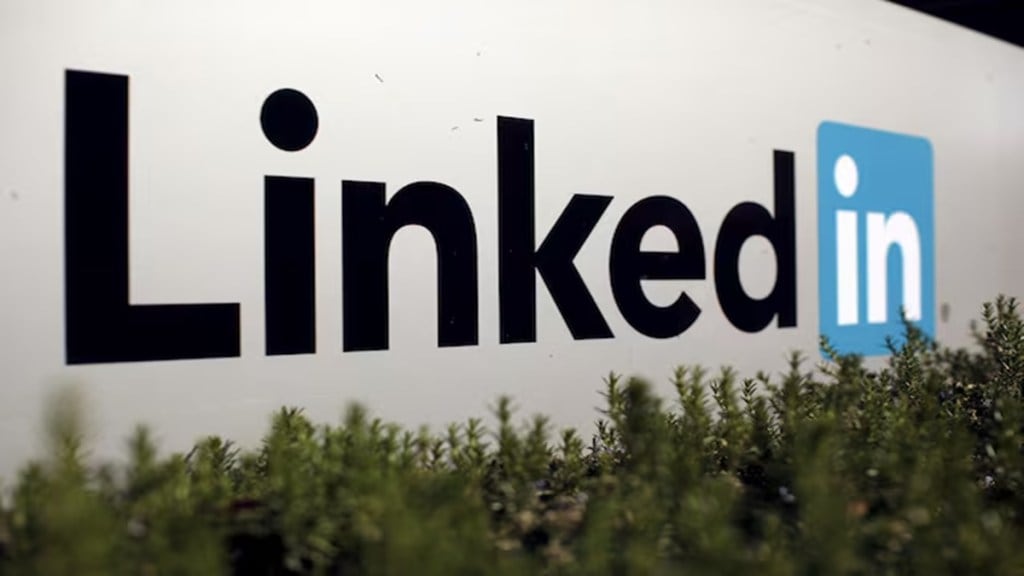Nearly three years into integrating artificial intelligence at the workplace, India’s hiring landscape is undergoing a profound shift—from chasing speed to prioritising precision. A new study by LinkedIn reveals that Indian recruiters are moving away from the “quick hire” mindset to a more strategic focus on “quality hiring,” with three out of four recruiters now allocating up to 70% of their hiring budgets to recruitment tech and AI tools.
Based on insights from over 1,300 HR professionals across 10 cities, LinkedIn’s India Hiring ROI report highlights that the top recruitment priorities today include sourcing high-quality candidates with transferable skills (57%), embracing smarter hiring technologies (52%), and proving hiring ROI to business leaders (46%). Despite tech upgrades, recruiters still grapple with challenges—chief among them being the need to balance soft skills (64%), the pressure to hire quickly (58%), and ensuring a strong cultural fit (54%). To address these, 69% are leveraging data analytics and 63% are deploying AI to boost both hiring accuracy and speed.
“With the pressure to hire quickly, many recruiters cast the net wide but not deep, choosing volume over precision,” says Ruchee Anand, Head of Talent Solutions at LinkedIn India. “Our research shows a decisive pivot—recruiters are now using AI and data to focus on high-impact hires who bring long-term value, with skills like problem-solving and leadership rising in importance.”
While a majority of Indian organisations still complete hiring within two to four weeks, the definition of success is changing. A significant 72% of recruiters now consider quality of hire the most important success metric—outpacing time to hire (60%) and revenue per employee (59%). Delays in hiring, the study notes, are proving costly. Recruiters report losing top talent to faster-moving competitors (58%), increased workload on existing teams (64%), and declining morale (63%). Structural bottlenecks such as lengthy approval cycles (58%) and indecision by hiring managers (56%) remain key culprits.
AI is not just boosting efficiency—it’s transforming roles. With automation streamlining repetitive tasks, 45% of recruiters say AI enhances productivity, while 42% say it frees up time for high-value activities like candidate engagement and stakeholder alignment.
This shift is empowering recruiters to step into a more strategic role. A staggering 90% now see themselves evolving into ‘career advisors’, while 92% plan to use personalised content and data-driven insights to build stronger candidate relationships.
Sunil Chemmankotil, MD of Adecco India, adds: “We’re witnessing a fundamental transformation—not just in talent, but in job roles themselves. With tools like LinkedIn Recruiter 2024, we can now decode job requirements into core skills, opening doors for adjacent talent that might have previously been missed. In India’s fast-moving market, AI-driven insights aren’t just helpful—they’re a strategic edge.”
As India’s talent ecosystem evolves, one thing is clear: the age of hiring for volume is giving way to an era defined by value, skills, and long-term impact.
